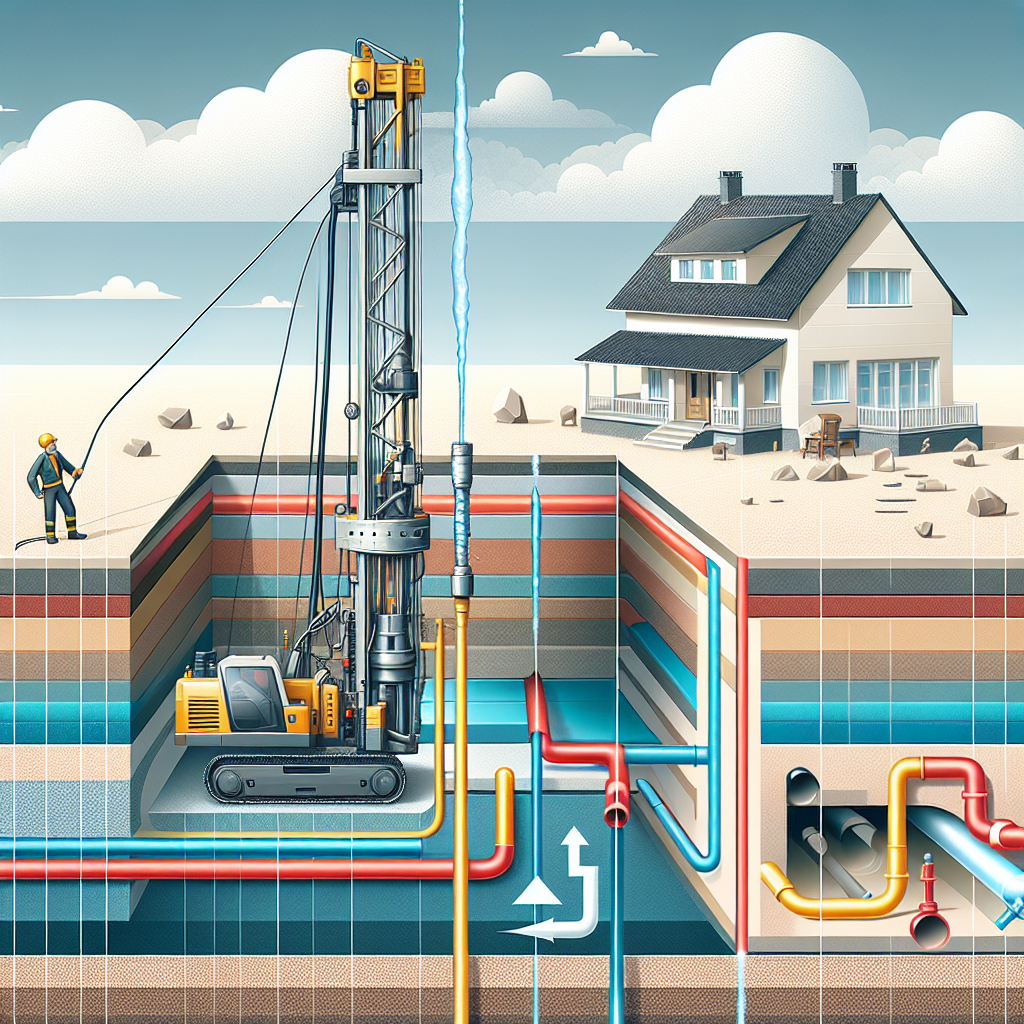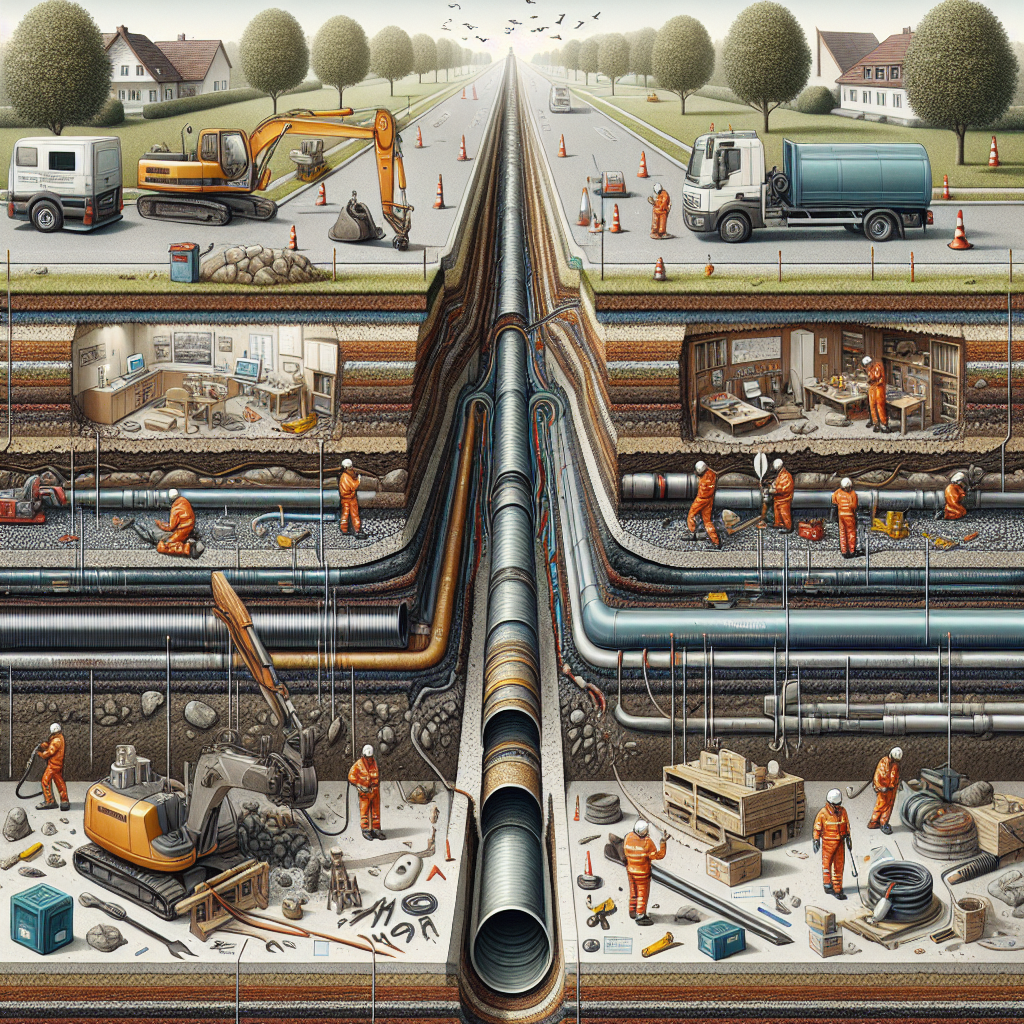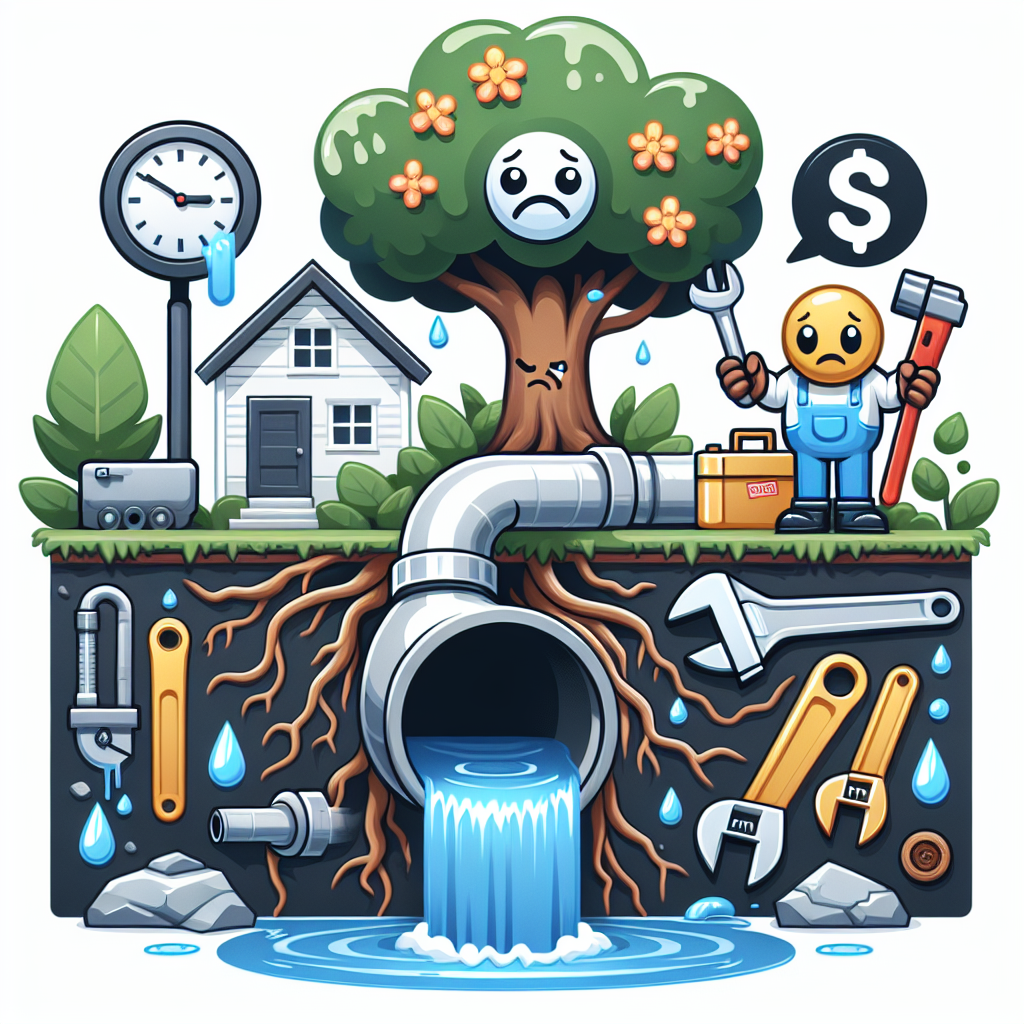How to Address Plumbing Emergencies in Restaurants
Understanding the Importance of Quick Action in Restaurant Plumbing Emergencies
Plumbing emergencies in restaurants are more than just inconvenient—they can be catastrophic. Unlike residential plumbing issues, which may only disrupt a household, plumbing problems in a restaurant can halt operations entirely. A burst pipe or a clogged drain can lead to health code violations, forcing closures and potentially tarnishing the restaurant's reputation. In an industry where customer satisfaction and cleanliness are paramount, even a minor plumbing issue can escalate into a major crisis.
Restaurants face unique challenges compared to residential properties. The sheer volume of water usage, grease buildup, and food waste disposal creates a high-risk environment for plumbing issues. Additionally, the fast-paced nature of restaurant operations leaves little room for downtime. A clogged sink in a home might be an inconvenience, but in a restaurant, it can disrupt food preparation, delay service, and even lead to contamination risks. Quick action is not just advisable—it’s essential to maintain compliance, protect your brand, and ensure customer safety.
Common Plumbing Emergencies in Restaurants
Clogged Drains and Sinks
Clogged drains are one of the most common plumbing issues in restaurants. Food debris, grease, and other waste materials often find their way into sinks and drains, despite the use of strainers or grease traps. Over time, these materials accumulate, leading to blockages that can slow or completely stop water flow. This not only disrupts kitchen operations but also poses a sanitation risk. Standing water in sinks can become a breeding ground for bacteria, potentially contaminating food and utensils.
The impact of clogged drains extends beyond the kitchen. Restrooms with slow-draining sinks or toilets can frustrate customers and leave a negative impression. In severe cases, clogged drains can lead to flooding, causing water damage to floors, walls, and equipment.
Burst Pipes
Burst pipes are another serious issue that can wreak havoc in a restaurant. These incidents are often caused by freezing temperatures, high water pressure, or aging plumbing systems. When a pipe bursts, it can release gallons of water in minutes, leading to extensive flooding and water damage.
The consequences of a burst pipe go beyond the immediate mess. Water damage can ruin expensive equipment, damage electrical systems, and create a hazardous environment for staff and customers. Additionally, the cleanup process can be time-consuming and costly, further delaying the restaurant's operations.
Leaking Faucets and Fixtures
While a leaking faucet might seem like a minor issue, it can have significant long-term consequences. A single dripping faucet can waste hundreds of gallons of water over time, increasing utility costs. In a restaurant setting, where multiple sinks and fixtures are in use, the cumulative effect can be substantial.
Leaking fixtures also pose safety risks. Water pooling on floors can create slippery surfaces, increasing the likelihood of accidents and injuries. Moreover, persistent leaks can lead to mold growth, which can compromise air quality and violate health codes.
Sewer Backups
Sewer backups are among the most severe plumbing emergencies a restaurant can face. These occur when wastewater cannot flow properly through the sewer system, causing it to back up into sinks, toilets, or floor drains. The result is not only unpleasant but also hazardous.
Sewer backups can release foul odors, contaminate surfaces, and pose serious health risks due to the presence of harmful bacteria and pathogens. If not addressed immediately, a sewer backup can lead to a temporary or even permanent closure of the restaurant, as health inspectors are unlikely to overlook such a critical issue.
Steps to Take During a Plumbing Emergency
Shut Off the Water Supply
The first step in any plumbing emergency is to shut off the water supply to prevent further damage. Locate the main water valve, which is typically found near the water meter or where the main water line enters the building. Turn the valve clockwise to stop the flow of water. If the issue is localized, such as a leaking faucet, you may be able to shut off the water supply to that specific fixture.
Contain the Damage
Once the water supply is off, focus on containing the damage. Use towels, mops, or buckets to soak up standing water and prevent it from spreading to other areas. For larger spills, a wet/dry vacuum can be invaluable. If the issue involves a burst pipe or flooding, consider using barriers like sandbags to protect critical areas such as electrical panels or expensive equipment.
Assess the Situation
After containing the immediate damage, take a moment to assess the situation. Identify the source of the problem and determine its severity. Is it a minor leak that can be temporarily patched, or is it a major issue like a sewer backup? Understanding the scope of the problem will help you decide on the next steps.
Contact a Professional Plumber
While some minor issues can be handled in-house, most plumbing emergencies require the expertise of a licensed plumber. Look for a professional with experience in commercial plumbing, as they will be familiar with the unique challenges of restaurant systems. Keep an emergency contact list of reliable plumbers who offer 24/7 services to ensure quick assistance when needed.
Preventative Measures to Avoid Future Plumbing Emergencies
Regular Maintenance and Inspections
Routine maintenance is the best way to prevent plumbing emergencies. Schedule regular inspections with a professional plumber to identify and address potential issues before they escalate. This proactive approach can save you time, money, and stress in the long run.
Proper Grease Disposal
Grease is a major culprit in clogged drains. Educate your staff on the importance of proper grease disposal. Use grease traps to capture grease before it enters the plumbing system, and clean these traps regularly to maintain their effectiveness.
Employee Training
Your staff plays a crucial role in preventing plumbing issues. Train employees on proper waste disposal practices, such as scraping food scraps into the trash rather than rinsing them down the sink. Additionally, ensure they know how to respond to plumbing emergencies, including shutting off the water supply and contacting a plumber.
Upgrading Plumbing Systems
If your restaurant operates in an older building, consider upgrading your plumbing system. Modern fixtures and pipes are more durable and efficient, reducing the likelihood of leaks, clogs, and other issues. While the upfront cost may be significant, the long-term benefits often outweigh the investment.
Tools and Supplies Every Restaurant Should Have on Hand
Plungers and Drain Snakes
Every restaurant should have basic tools like plungers and drain snakes to address minor clogs. These tools can provide a quick fix, allowing you to resume operations while waiting for professional assistance.
Wet/Dry Vacuum
A wet/dry vacuum is invaluable for cleaning up water spills quickly and efficiently. This tool can help minimize water damage and reduce the risk of slips and falls.
Emergency Contact List
Keep a list of emergency contacts, including local plumbers, utility companies, and property managers. Having this information readily available can save valuable time during a crisis.
Grease Trap Maintenance Supplies
Invest in tools and supplies for cleaning and maintaining grease traps. Regular maintenance can prevent clogs and ensure your plumbing system operates smoothly.
Legal and Health Implications of Ignoring Plumbing Emergencies
Health Code Violations
Unresolved plumbing issues can lead to health code violations, resulting in fines or even closures. Health inspectors take issues like sewer backups and standing water seriously, as they pose significant risks to public health.
Customer Safety and Reputation
Plumbing problems can directly impact customer safety and satisfaction. Slippery floors, foul odors, and unsanitary conditions can drive customers away and lead to negative reviews. Protecting your reputation is crucial in the competitive restaurant industry.
Insurance Claims and Liability
Ignoring plumbing emergencies can also have financial consequences. Water damage and accidents caused by slippery floors can lead to costly insurance claims and potential lawsuits. Addressing issues promptly can help mitigate these risks.
When to Call a Professional vs. DIY Solutions
Minor Issues You Can Handle In-House
Some minor issues, like a slow-draining sink or a small leak, can be addressed with basic tools and supplies. However, ensure that these fixes are temporary and do not replace professional inspections.
Signs You Need a Professional Plumber
Recurring clogs, sewage smells, or visible water damage are clear signs that you need professional help. Attempting to fix these issues without the proper expertise can worsen the problem and lead to higher repair costs.
The Role of Emergency Plumbing Services in Restaurants
What to Expect from Emergency Plumbers
Emergency plumbers offer a range of services, including leak repairs, drain cleaning, and sewer line inspections. They are equipped to handle urgent issues quickly and efficiently, minimizing downtime for your restaurant.
How to Choose the Right Emergency Plumbing Service
When selecting a plumber, look for experience, positive reviews, and availability. A reliable plumber should offer 24/7 services and have experience working with commercial properties.
Cost Considerations
Emergency plumbing services can be expensive, but the cost is often justified by the speed and quality of the repairs. Budget for these services as part of your restaurant's operational expenses to avoid financial strain during emergencies.
Final Thoughts on Managing Plumbing Emergencies in Restaurants
Preparation, quick action, and professional help are key to managing plumbing emergencies in restaurants. By investing in preventative measures and maintaining a reliable network of emergency contacts, you can minimize risks and ensure your restaurant remains operational and compliant.
You might also like
Book a Service Today
We will get back to you as soon as possible
Please try again later
Do You Need Emergency Plumbing Services?
We are dedicated to giving your fast, friendly and reliable service. We offer services every day of the week, at the time that's best for you.
All Rights Reserved | Root 24 Hours, Inc. | Powered by Beholder Agency



